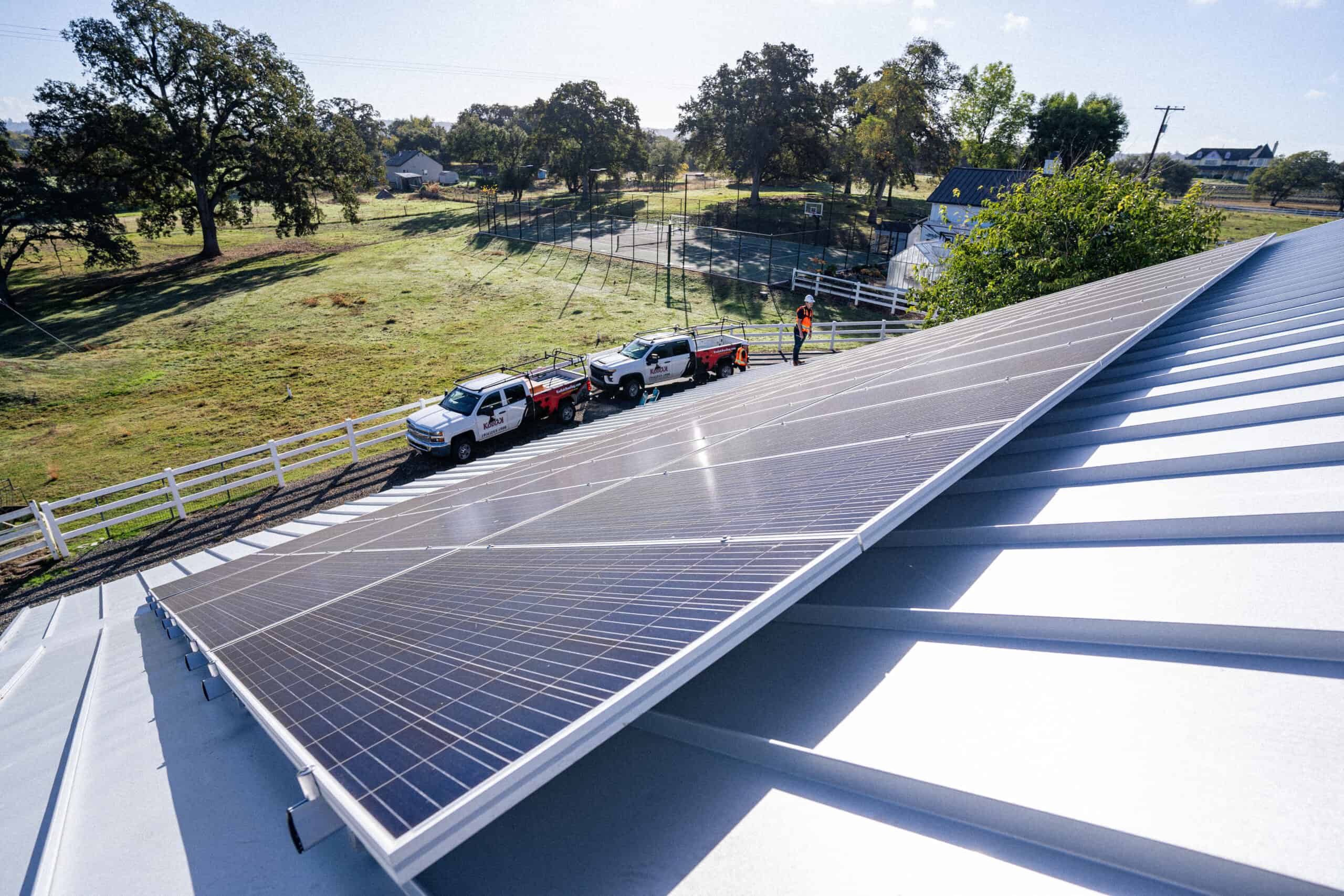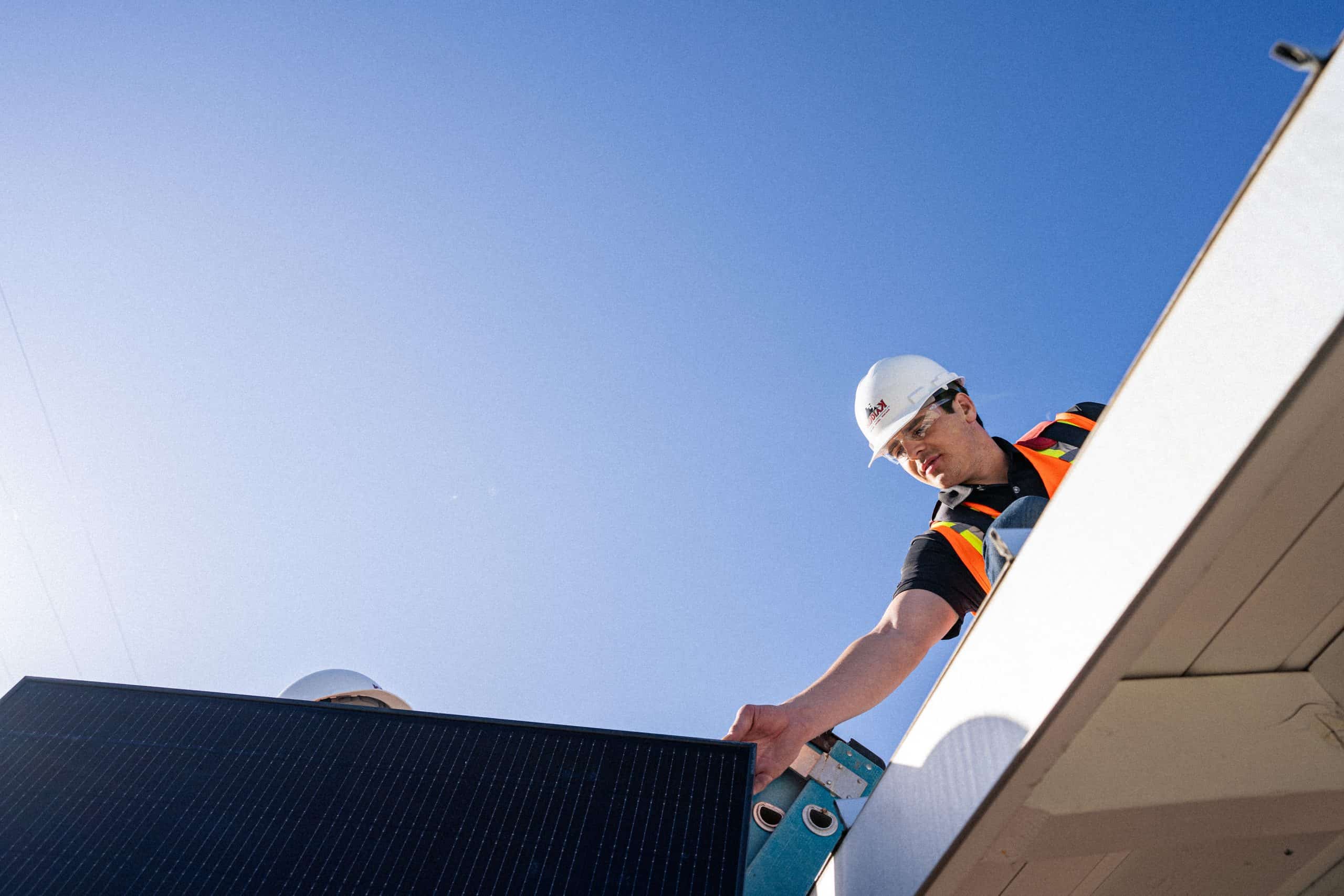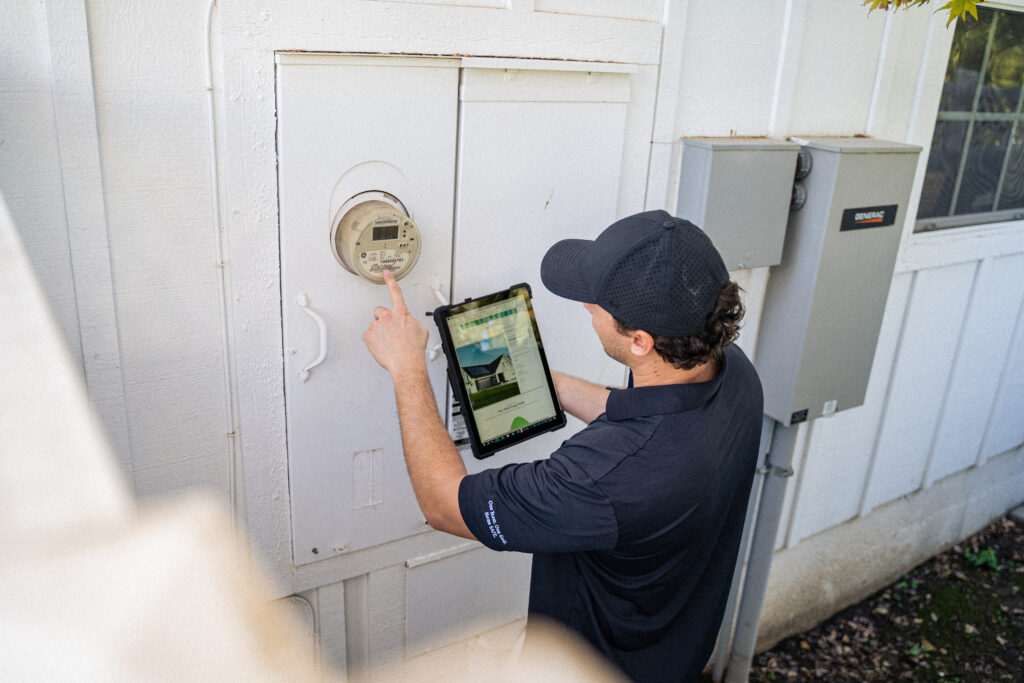We’ve got the answers for going green in 2024, and how to make sure you’re getting the most for you and your home.
When you’re looking for ways to reduce your dependence on unchecked utility inflation, solar is still the best and cheapest option to reduce your electricity bill and receive steep tax breaks come spring.
Considered by experts to be the best way to save money on your electric bills, increase property value, and reduce your carbon footprint, rooftop solar is still a worthy option for the majority of homeowners.
You’ve seen the news or an opinion post on new utility legislation going into effect that makes solar “less worth it”. You may be asking yourself, “should I buy in to solar in 2024?”. The question becomes more pressing when you see the monthly bill from your electric provider. It will only go up from here, with increases of more than 16% in 2024.
What can you do?
There is hope. We’ll go in depth about going solar in 2024 and help you decide if becoming your own energy producer is a good investment for your home.

Pros of Solar Panels in 2024
Low cost, renewable energy
With the adoption of home solar systems across the nation, the technology has continually become cheaper and more efficient. Because of this, utility companies are presenting rooftop solar as a threat to their bottom line. Utilities will try to scare homeowners into relying solely on grid power.
Homeowners are fighting back:
The market conditions have led to a rise in “grid defection,” where customers cut the cord and rely on their own solar assets to power their home. As solar equipment costs inherently go down over time, grid defection could represent an existential threat to private utilities.
https://www.pv-magazine.com/2023/12/28/california-rooftop-pv-companies-face-high-risks-says-insurer/
It’s impossible to completely ‘go off the grid’ for homeowners in urban areas. The benefits of reducing your reliance on the grid and decreasing your electric bill are still an empowering choice. Adding a battery takes your dollar further by providing renewable energy after dark and creates opportunities for additional savings.

Flexibility for every budget
You’re ready to reduce your utility bill, reliance on the gird, and add a buffer to rampant inflation.
How are you going to choose to buy your new system? There are plenty of low-cost options to pay for the switch to renewable energy.
- Solar Lenders. Similar to taking a loan for a car, you have the option to apply for a loan. Solar loans are some of the lowest rates available to buyers on the market. The average interest rate for these loans typically ranges from 4% to 7%. With lower interest rates, taking a loan to reduce your electric bill is easily accessible for most homeowners. A loan still allows you to participate in the 30% federal tax credit for the total cost of your system.
TPO (Third-Party Ownership)
- Power Purchase Agreements or PPAs. PPAs are not new. They have become more popular as a jumping point into home solar systems, as they present no upfront costs, and predictable pricing. Quality installers will partner with PPA providers to present multiple pricing and payment options for homeowners. PPAs are systems owned by the provider, which makes monthly costs cheaper and more predictable for you, you just pay for the power you use at a pre-set rate. It’s important to weigh the options to make sure this option is right for you.
- Leasing. Similar to PPAs, leasing allows a provider to own and operate a system for you, paying for upkeep and replacement. All you pay a pre-set monthly fee. You pay no upfront costs, while enjoying the cost-saving benefits of being your own energy provider.
TPO agreements create a hassle-free option to break into renewable energy with low up-front cost’s.
Keep in mind, a good solar installer will present you with a wide range of options to fit within your energy needs and budget. Companies that have been in the market for decades have the knowledge and resources to give you meaningful assessments and accurate designs to get you the most for what you’re paying.

Robust tax breaks
Recent legislation has increased the federal tax incentive from 26% to 30%. Plus, many state and local municipalities will have their own incentives and tax breaks. You can steeply reduce the amount of up-front costs associated with installing solar on your home by participating in one of these incentives.
Partnering with a reliable installer can make it easier for you to qualify for these programs. Most installers will help you navigate these, or outright complete the necessary permitting for you to qualify.
Are You In?
Solar panels increase the value of your home, improving the desirability for many homebuyers. According to a study by Zillow, homes with solar panels sell for 4.1% more on average than comparable homes without.
The bottom line?
Buying solar panels during inflation is still an accessible way to lower your rising electric rates and protect your home from blackouts with a battery-backup. You can lower installation costs by participating in tax credits and state incentives, or eliminate upfront costs by going with a TPO.
A worthwhile investment for many homeowners who want to save money, reduce their environmental impact, and increase their home value. They do come with some challenges and trade-offs that need to be considered before a final decision.
The best way to find out if solar panels are right for you is to consult a reputable solar contractor who can assess your situation, provide you with a customized quote, and guide you through the installation process.


